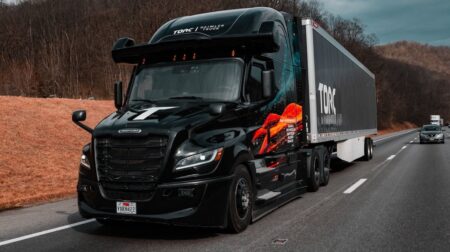NASA has entered into an agreement with a group of transport organisations to study the potential use of unmanned aerial vehicles (UAVs) in future transportation plans in the U.S.
The project, including The North Central Texas Council of Governments (NCTCOG), the Massachusetts department of transportation and Minnesota department of transportation, will evaluate cargo-carrying drones and automated air taxis during a series of workshops.
NCTCOG has established a task force of public- and private-sector aviation professionals, who will work to ensure the technology is deployed safely.
Elements such as public acceptance, infrastructure, operational integration and local regulations will be considered. The NASA-led exercises aim to help the region navigate these issues. NASA will bring lessons learned through its work with other regions across the country to help NCTCOG develop best practices and potentially access additional funding.
The NASA workshops will look at transportation planning to help the regions develop best practices, from identifying a common set of terms to use in discussions and planning documents. It will also evaluate potential criteria that might be used in locating future Vertiports for electric vertical take-off and landing (eVOTL) aircraft.
Launching on 16 June, the first workshop will see NASA meet with the five public entities, including Ohio Unmanned Aircraft Systems Center, of the Ohio department of transportation, and the City of Orlando, Florida.
Furthermore, NASA will work with the Federal Aviation Administration and other regions to look at how advanced air mobility technologies, including UAVs, can be integrated into metropolitan areas.








